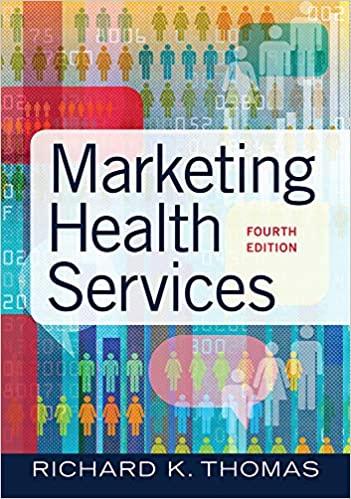To determine the perceptions of high-risk populations with regard to obesity and its causes and remedies, four
Question:
To determine the perceptions of high-risk populations with regard to obesity and its causes and remedies, four town hall meetings were convened by a consortium of healthcare organizations in communities in Memphis, Tennessee. The healthcare providers felt they had a poor understanding of perceptions of obesity in these communities. The town hall meetings were intended to elicit input from low-income African American residents about how to address obesity. Although those providing the input did not represent a scientifically drawn sample of residents of the targeted communities, they were thought to represent a reasonable cross-section of community residents.
The following questions were posed to the community residents in attendance:
• What can family, friends, and other associates do to help address the issue of obesity in the community?
• What can the community do to help address the issue of obesity among its residents?
• What can medical professionals do to help address the issue of obesity?
The recordings of the meeting proceedings were transcribed and conclusions were drawn with regard to the participants’ knowledge of the obesity situation, attitudes toward obesity, factors contributing to the obesity “epidemic,” and barriers to addressing the problem.
The following findings were derived from the town hall meetings:
• Participants had a reasonable knowledge of the problem of obesity, its causes, and its associated dangers.
• Participants were generally aware of the importance of exercise and healthy dietary habits for good health.
• Participants generally accepted the notion that there is no “quick fix” for obesity.
• Participants expressed a genuine concern about obesity for themselves and their families and a willingness to address the issue.
• Participants felt that obesity (and health in general) was an issue that could be addressed if the necessary resources were available.
• Participants felt that there was a gap between the needs of the population and the health personnel and facilities available to meet those needs.
• While participants felt that most community residents were aware of the problem of obesity, they believed that many did not have the knowledge, skills, or resources necessary to effectively address the issue.
• While regular exercise was recognized as an important means of addressing obesity, participants contended that a lack of access, prohibitive costs, and a lack of guidance with regard to exercise facilities were deterrents.
• Participants expressed concern that cultural factors in the community were deterrents to effectively addressing obesity.
Questions
1. What prompted health professionals to seek additional information on perceptions of obesity?
2. What means were used to research the issue with this high-risk population?
3. To what extent were the researchers’ preconception borne out? Refuted?
4. What unexpected findings did the researchers discover?
5. What implications did the findings have for the planning of interventions designed to reduce obesity within this population?
Step by Step Answer:






